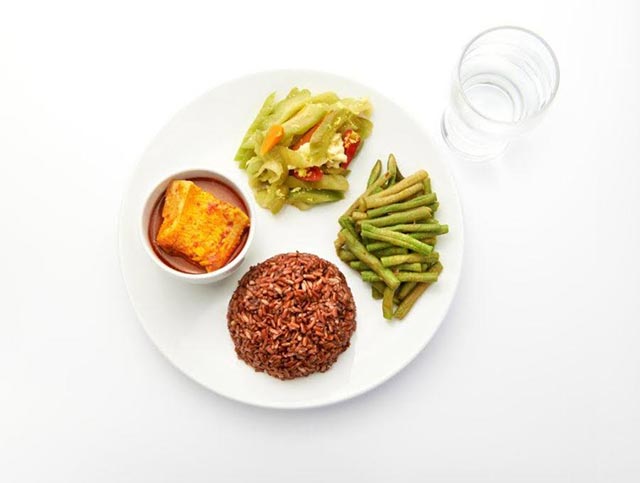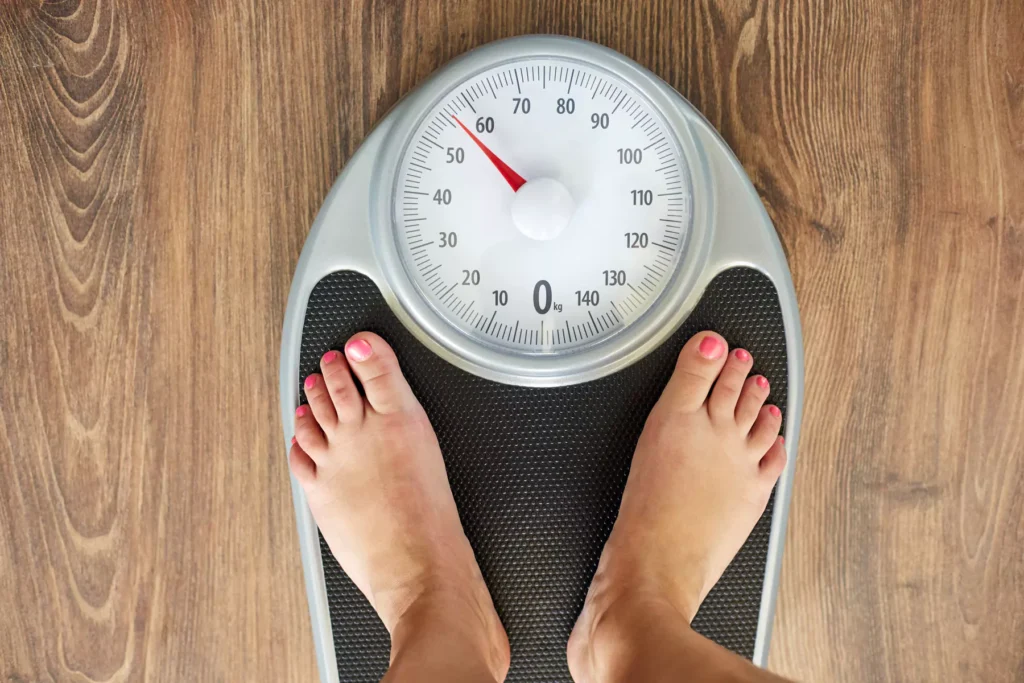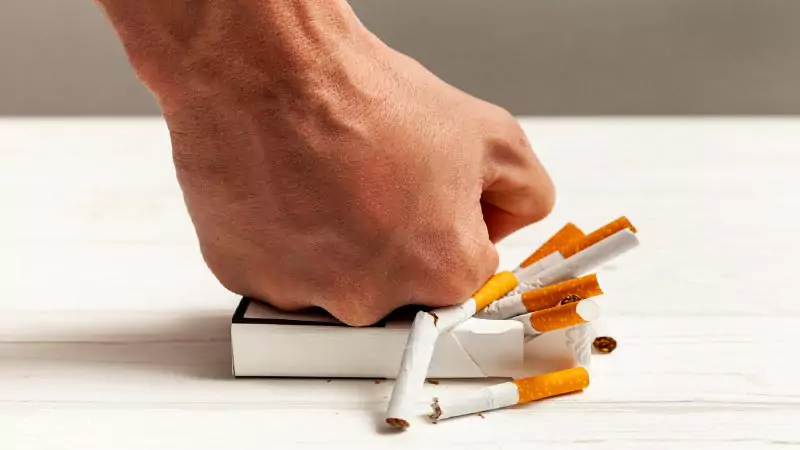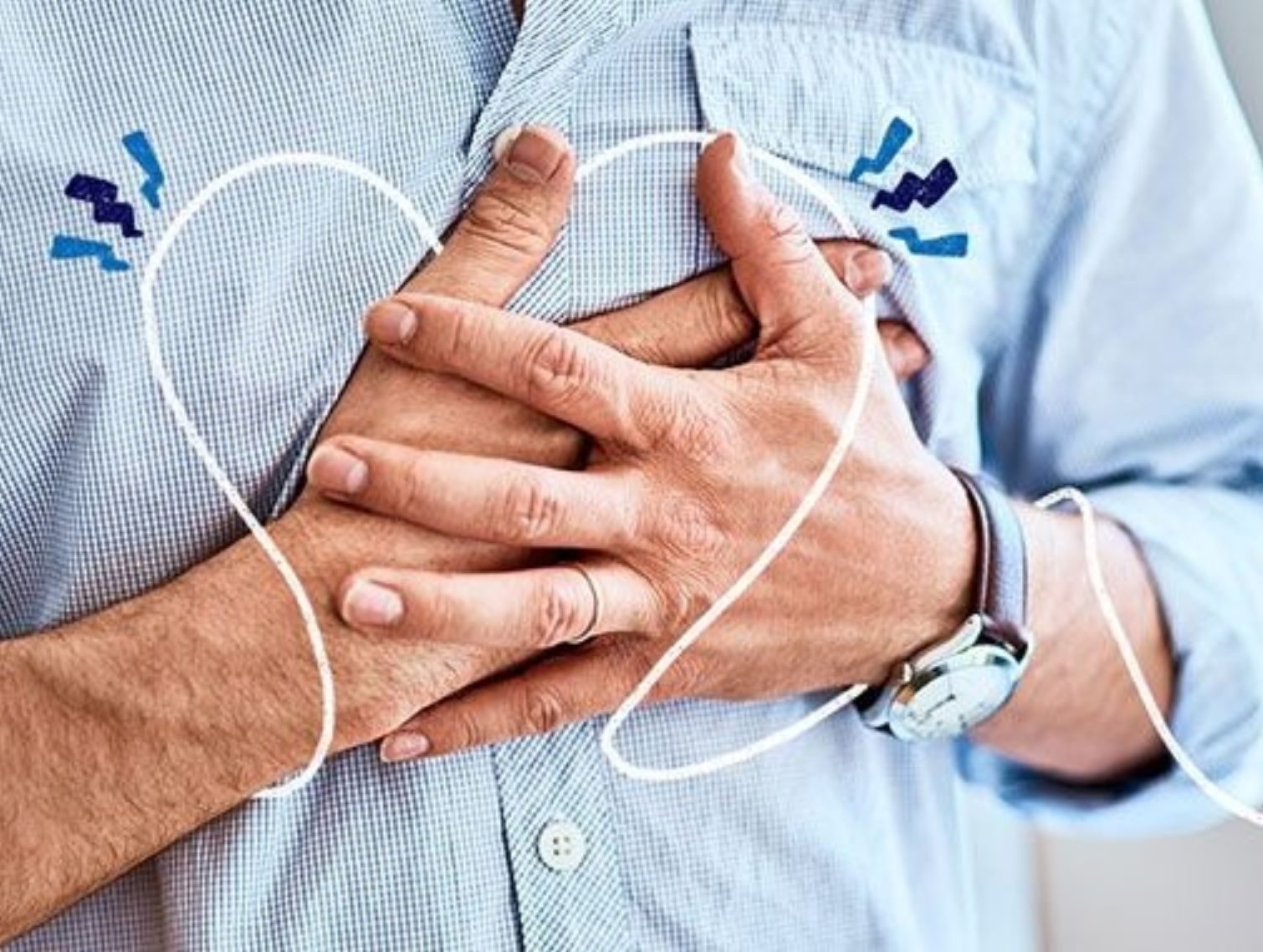How to Reduce Cholesterol in 30 Days: Complete Guide
Managing cholesterol levels is essential for maintaining heart health and preventing cardiovascular diseases. High cholesterol, particularly elevated levels of LDL (low-density lipoprotein), often called “bad” cholesterol, can clog arteries and raise the risk of heart attacks or strokes. Fortunately, with the right lifestyle changes and dietary adjustments, you can significantly reduce cholesterol in just 30 days.
In this article, you’ll find expert advice, easy-to-follow steps, and actionable tips for improving your cholesterol levels in one month. For those seeking a customized approach, you can also join Dt. Ila Sharrma’s Cholesterol Reduce Diet Program for a personalized diet plan tailored to your specific health needs.
What is Cholesterol and How Does it Affect Health?
Cholesterol is a fatty substance that circulates in the blood. It’s essential for building cells and producing certain hormones, but too much cholesterol can be harmful. There are two main types:
- LDL (low-density lipoprotein), also known as “bad” cholesterol, contributes to plaque buildup in the arteries, increasing the risk of heart disease.
- HDL (high-density lipoprotein), or “good” cholesterol, helps remove LDL cholesterol from the bloodstream, reducing the risk of cardiovascular disease.
When LDL cholesterol levels are too high, it can lead to clogged arteries and, eventually, heart attacks or strokes. Balancing these levels is critical to maintaining good health.
What is a Normal Cholesterol Level?
A healthy total cholesterol level is generally considered to be under 200 mg/dL. Ideally, LDL levels should be below 100 mg/dL, while HDL levels should be 60 mg/dL or higher to support heart health. Here’s a more detailed breakdown:
- LDL Cholesterol: Less than 100 mg/dL is ideal, but levels between 100-129 mg/dL are acceptable for people without heart disease.
- HDL Cholesterol: A level of 60 mg/dL or higher is considered protective against heart disease.
- Total Cholesterol: Anything under 200 mg/dL is considered desirable.
It’s important to get your cholesterol checked regularly, as high cholesterol typically doesn’t show symptoms until it leads to more severe issues like heart disease or stroke.
How Long Does it Take to Lower Cholesterol?
Lowering cholesterol levels typically takes several weeks to months, depending on individual factors such as diet, lifestyle changes, and medical interventions. However, with the right changes, significant improvements can be made within 30 days. Consistently following a heart-healthy plan, combined with regular monitoring, can lead to a noticeable reduction in LDL cholesterol.
How to Reduce Cholesterol in 30 Days
To effectively lower your cholesterol in 30 days, you’ll need to incorporate multiple strategies, from adopting a heart-healthy diet to making lifestyle adjustments. Here’s a comprehensive breakdown:
1. Follow a Balanced Diet

Your diet plays a crucial role in managing cholesterol levels. Focus on eating foods rich in fiber, omega-3 fatty acids, and antioxidants. These nutrients help lower LDL cholesterol while boosting HDL cholesterol. For example, incorporating more vegetables, fruits, whole grains, and healthy fats (like those found in avocados and nuts) can improve cholesterol levels. Avoid foods high in saturated fats, such as red meat, full-fat dairy, and processed snacks, as these can raise your LDL levels.
2. Healthy Weight Management

Excess weight can contribute to higher LDL cholesterol and lower HDL cholesterol. Losing just 5-10% of your body weight can have a significant impact on improving cholesterol levels. Incorporating portion control, eating nutrient-dense foods, and staying consistent with physical activity can promote healthy weight loss, further reducing the strain on your heart.
3. Increase Physical Activity

Engaging in regular physical activity can raise your HDL cholesterol levels and help lower your LDL cholesterol. The American Heart Association recommends at least 150 minutes of moderate aerobic exercise or 75 minutes of vigorous exercise per week. Activities like brisk walking, swimming, or cycling are excellent for improving heart health and managing cholesterol levels.
4. Incorporate Heart-Healthy Lifestyle Choices

Lifestyle changes like reducing stress, improving sleep quality, and avoiding trans fats are essential for lowering cholesterol. Trans fats are commonly found in processed foods and baked goods and can drastically raise LDL cholesterol levels. Replacing trans fats with unsaturated fats, like olive oil or avocado oil, can help lower your cholesterol and support heart health.
5. Limit Alcohol Consumption

Drinking alcohol in moderation can have a mixed effect on cholesterol. While moderate alcohol consumption may raise HDL cholesterol, excessive alcohol intake can raise LDL levels and increase triglycerides. It’s important to keep alcohol consumption to a minimum, ideally no more than one drink per day for women and two for men.
6. Stop Smoking

Smoking damages your blood vessels and accelerates the buildup of plaque in your arteries. Quitting smoking can improve HDL cholesterol levels and lower the risk of heart disease. If you’re looking to quit, consider using resources like the NHS Stop Smoking Service, which provides helpful tools and support to help you break the habit.
7. Join Cholesterol Reduce Diet Program

To get a more personalized approach to managing cholesterol, you can consider joining Dt. Ila Sharrma’s Cholesterol Reduce Diet Program. A customized plan based on your health needs can make all the difference in reducing cholesterol levels quickly and safely. Dt. Ila Sharrma offers expert guidance in creating dietary plans that specifically target cholesterol management and heart health.
Conclusion
Lowering cholesterol in 30 days is entirely possible with the right combination of dietary changes, exercise, and lifestyle adjustments. Prioritize a heart-healthy, balanced diet, maintain a healthy weight, and increase your physical activity to see improvements in your cholesterol levels. Consistently managing your weight and engaging in regular physical activity further contributes to lowering cholesterol levels, minimizing the risks of heart disease and related complications.
However, sustainable results often come with personalized guidance. Joining a cholesterol-focused program, like Dt. Ila Sharrma’s Cholesterol Reduce Diet Program, can provide you with a customized dietary plan that fits your unique health needs. Dt. Sharrma’s expertise ensures that you’re not just lowering your cholesterol for the short term but are establishing habits that lead to long-term health benefits and vitality.












